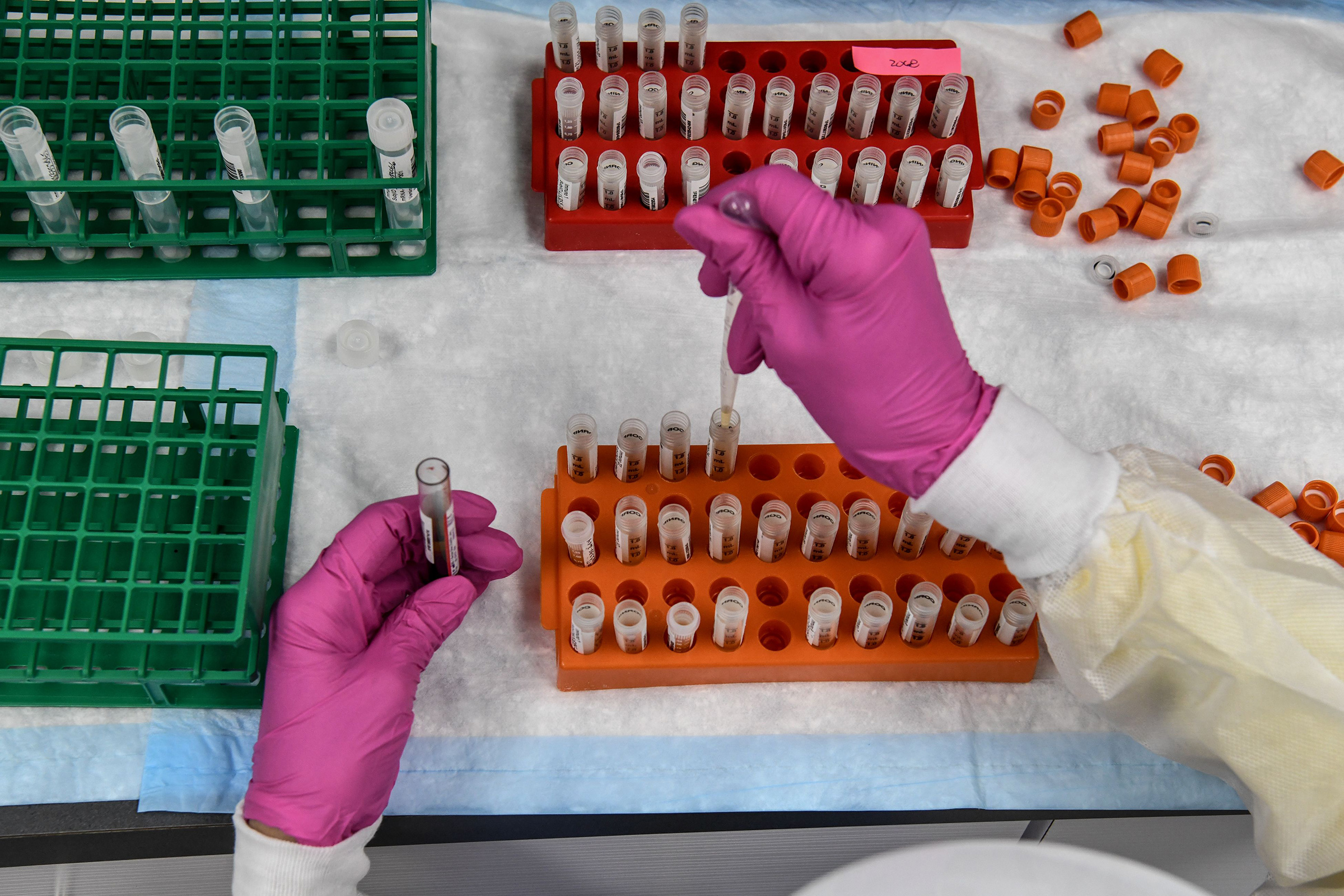
I’ve been emphasizing for some time that our efforts to find and deploy a coronavirus vaccine have to be as transparent as possible to increase the chances for success. Recent events make that more clear than ever – and not in a good way.
Update: Moderna has now published their complete clinical trial protocol, and good for them. Where are the others? I should note that I’ve seen talk on Twitter that there was a Freedom of Information Act request pending for this, and that could be a reason it was disclosed (I can’t verify that yet, and I don’t know to what extent an FOIA request would be able to do this, although since there is federal funding involved, perhaps it could). But either way, Moderna is now the most transparent of the vaccine efforts, a position they did not hold before.
Second update: and now they’ve been joined by Pfizer and BioNTech, whose clinical trial protocol can be found here. Very welcome news!
The Oxford/AstraZeneca trial has restarted in the UK after the adverse event that was recently reported. But what do we know about it? Not much, as this New York Times piece by Katie Thomas details. The only time that the company’s CEO (Pascal Soirot) has spoken publicly about this came during a private J. P. Morganled conference call with investors, and the remarks had to be leaked (and published by Stat, for which thanks) for the rest of us groundlings to hear about them at all. His remarks confirmed the Times’ earlier reporting of symptoms consistent with transverse myelitis, but AstraZeneca has not allowed those words to cross their lips in any official statements, from what I can see.
That’s flat-out unacceptable. Ed Silverman’s editorial here is correct: the company missed a serious opportunity to show that it’s conducting this research where everyone can see what’s going on, and (even worse) has raised more suspicions that they’re not forthcoming with details. The fact that the most detail anyone’s heard about this situation came in a private investor call makes things even worse, of course, if you’re trying to demonstrate that it’s not actually all about the money.
We already have enough problems with those suspicions as is. The Morning Consult polling group has been registering a constant decline in the number of people who say that they would take any coronavirus vaccine at all, and is behavior like this going to bring those numbers back up? We’re going to need a substantial part of the population vaccinated, from what I can see, but that’s obviously not going to happen if enough people think that they’re taking something that’s unsafe or ineffective. Those opinions cannot be swayed by saying “Trust us, we have it under control” while you chat with institutional investors and J. P. Morgan about the real story.
There are even larger issues. As Thomas’ article notes, none of the leading vaccine efforts have made their detailed clinical trial protocols available. To pick two examples, we don’t know when their Data Safety Monitoring Boards meet for review, and we don’t know the criteria for stopping any given trial for efficacy.
It’s standard for drug companies to withhold details of clinical trials until after they are completed, tenaciously guarding their intellectual property and competitive edge. But these are extraordinary times, and now there is a growing outcry among independent scientists and public health experts who are pushing the companies to be far more open with the public. . .These experts say American taxpayers are entitled to know more since the federal government has committed billions of dollars to vaccine research and to buying the vaccines once they’re approved.
I suppose as drug discovery researcher I am a small member of that community of experts, so let me add my voice. We are indeed entitled to know more. I realize that Pfizer and BioNTech have deliberately chosen to fund all their own work without any help from the “Warp Speed” initiative, but plenty of others have taken such funding. And even in Pfizer’s case, the government is going to be one of the largest customers for any vaccine that emerges from their work, and it is obviously in the public interest that people have confidence in such a vaccine and in its development process and regulatory approval.
I well realize that this confidence is being eroded from several directions at once. Between (1) the more traditional anti-vaccine people, and (2) the ones who think that the entire coronavirus epidemic is some kind of evil fakery that will culminate in an evil fake vaccine forced on the public for evil purposes, and (3) the people who are OK with vaccines in general but feel that these new ones may well be too rushed, and (4) the people who feel that the administration itself may be doing some of the rushing in order to get something out before the election, safety be mostly damned, the middle ground is shrinking.
We just had a statement (an unprecedented one) from a whole group of drug companies working in this area, with an “on-going commitment to developing and testing potential vaccines for COVID-19 in accordance with high ethical standards and sound scientific principles“. We’d damned well better, is my first reaction, but sure, this is a good thing to emphasize. But nowhere in that statement is there anything about putting cards on the table. It’s time. The companies developing vaccines for this pandemic have to break with past behavior and “normal” drug development and be more public about these trials than they have ever been. These are unprecedented times and we need to see some more unprecedented behavior. Fast.
